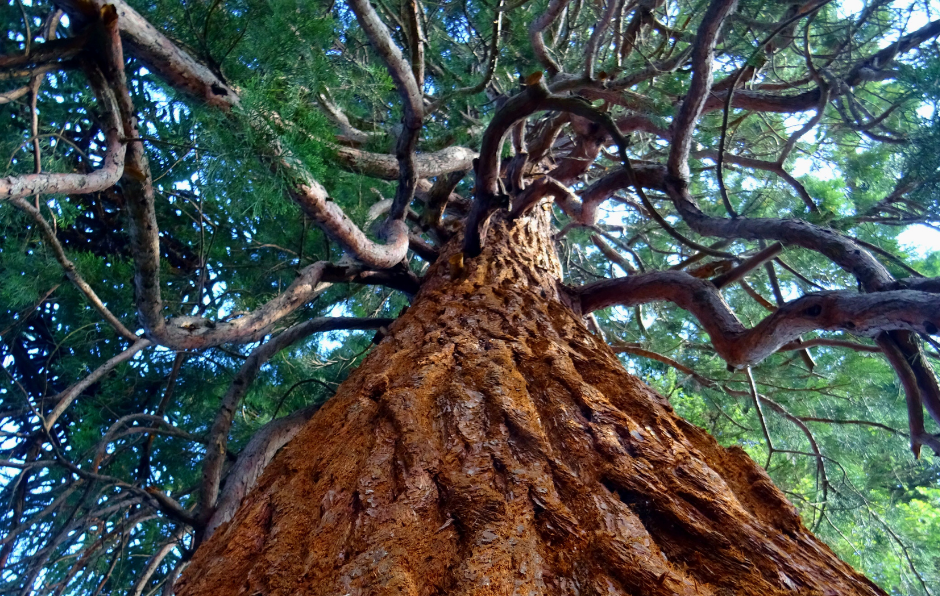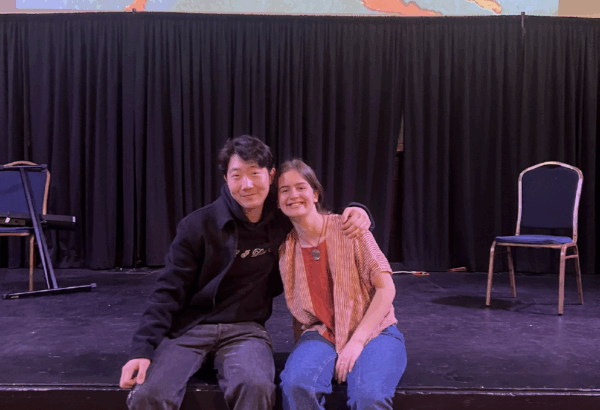The best time to plant a tree was 20 years ago. The next best time is now.
~ (Chinese proverb)
Urgent Action, Hopeful Steps Towards Change
It is this commitment to single, definable actions that also undergirds another Penn Sustainability project, the 30X30 Challenge. In the month of April, Penn Sustainability is challenging the Penn community to spend 30 minutes outside for all 30 days of the month. Referencing the EPA statistic that “Americans spend approximately 90% of their time indoors,” Penn Sustainability understands that getting outside not only exposes you to the great outdoors but has deep health benefits as well.
Associate director of Penn’s Master of Public Health program, Moriah Hall, agrees that nature can provide respite from stress. Says Hall, “Stress itself is tied to a variety of health outcomes, from mental health to cardiovascular disease. There is growing evidence to help us articulate why we may experience relief when we are in nature.” Stress, which we have all felt at one time or another, can be alleviated through time in nature. There is a direct actionable way you can expose yourself to this relief – a walk, eating outside, or reading a book under a tree.
Research Connecting Green Space and Health
Moriah Hall has plenty of research to back her claims, “A study published in 2019 through the University of Exeter in England found that adults who spent at least 120 minutes in natural environments throughout the week reported good health or high well-being significantly more than those who had less time in nature each week.[1] Previous studies have shared similar findings to spending time in nature, pointing to reduced stress, better sleep, improved mental health, increased social connectedness, reduced obesity, reduced diabetes, and improvements in overall health and well-being.”[2]
Both Hall and Main also point to a study by Michele C. Kondo, Sara F Jacoby, and Eugenia C. South which continues to show the specific and measurable ways that time outdoors can reduce stress.[3] Kondo and South have also done work around urban neighborhoods and the connections between adding greenspace and reducing violence. Again, this research takes big, intractable problems like stress and violence and gives tangible solutions, all of which help hope grow.
The work that is happening at Penn is connected to other networks of work across the country and here in Philadelphia, says Moriah Hall. “Our blossoming Nature Rx at Penn program is part of a growing Campus Nature Rx Network. Beyond campus communities, other programs have launched on bigger scales, including the Park Rx America organization at the national level and NaturePHL at the local Philadelphia level. Building strategies that can improve the health of populations by leveraging accessible, existing spaces is what public health is all about!”
Social Justice Focus
Penn Sustainability is interested in taking the link between health and environmental consciousness a notch higher to connect it to social justice. As part of this year’s MLK Commemorative Symposium on Social Change, for example, Penn Sustainability hosted a lecture entitled, “Food Justice in Philadelphia: How community-based farms, policies, and organizing shape our food system” which can be viewed here. The event brought together local leaders and experts in food systems to examine the roots of inequities that have shaped our current food systems, as well as to discuss the solutions needed to create more equitable, sustainable food systems in Philadelphia.
At the heart of the urgency behind planting a tree, even when things seem dire, is a resilient hope that our actions matter and that we can move towards change. It is the hope that even as individuals, we can be intentional in our actions to contribute to our own personal health as we work to enrich and bring wellness to our communities. One tree at a time.
[1] https://www.nature.com/articles/s41598-44097-3.pdf
[2] https://ehp.niehs.nih.gov/doi/10.1289/EHP1663
[3] https://www.sciencedirect.com/science/article/pii/S1353829217307633?via%3Dihub



